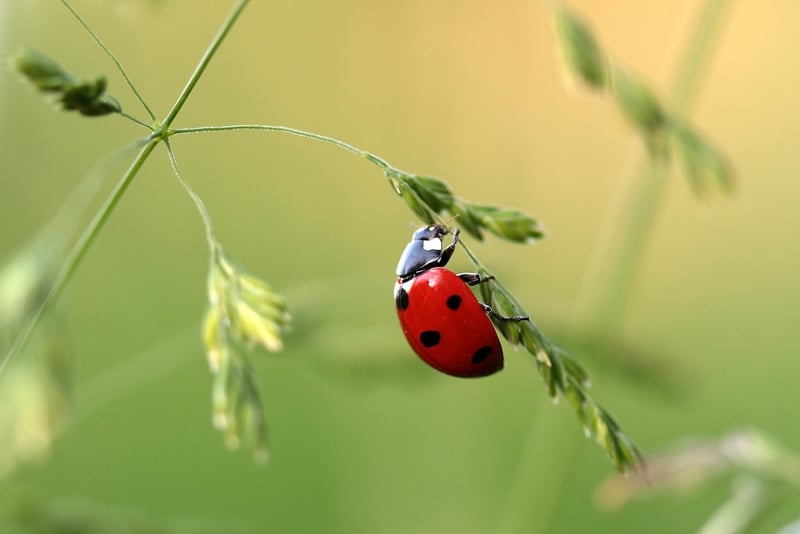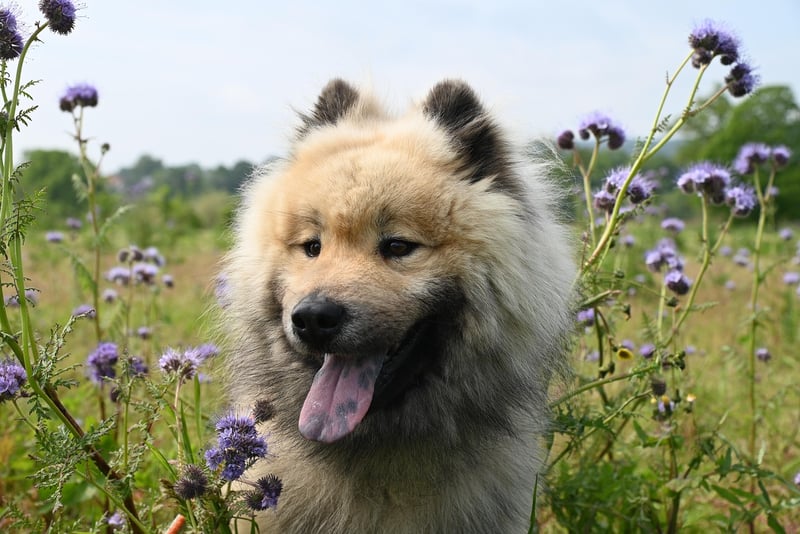Companion Planting
Eco-Friendly Pest Management and Companion Planting
Welcome to our guide on eco-friendly pest management and companion planting! In this article, we will explore natural and sustainable methods to control pests in your garden while promoting biodiversity through companion planting.
Eco-Friendly Pest Management
Traditional pest control methods often rely on harmful chemicals that can be detrimental to the environment, wildlife, and human health. Eco-friendly pest management focuses on natural solutions that are safe and sustainable. Here are some effective strategies:
- Beneficial Insects: Encourage beneficial insects like ladybugs, lacewings, and predatory wasps that feed on garden pests.
- Companion Planting: Planting certain herbs and flowers alongside your vegetables can help deter pests naturally.
- Neem Oil: Neem oil is a natural insecticide that can control a wide range of pests without harming beneficial insects.
- Organic Sprays: Use homemade organic sprays like garlic and chili pepper spray to repel pests.
- Handpicking: Regularly inspect your plants and handpick pests like caterpillars and beetles.
Companion Planting
Companion planting is the practice of growing different plants together to benefit each other in various ways, such as deterring pests, attracting beneficial insects, and improving soil health. Here are some popular companion planting combinations:
- Tomatoes and Basil: Basil can enhance the flavor of tomatoes and repel pests like aphids and mosquitoes.
- Marigolds and Vegetables: Marigolds repel nematodes and other pests while attracting pollinators to your vegetable garden.
- Lavender and Roses: Lavender can deter aphids and other pests from attacking your roses.
- Cucumbers and Radishes: Radishes repel cucumber beetles that can damage cucumber plants.
By incorporating eco-friendly pest management practices and companion planting techniques into your gardening routine, you can create a healthy and vibrant ecosystem in your backyard while reducing the need for harmful chemicals.

Remember, a diverse and balanced garden is more resilient to pest infestations and diseases. So, why not give eco-friendly pest management and companion planting a try in your garden today?
